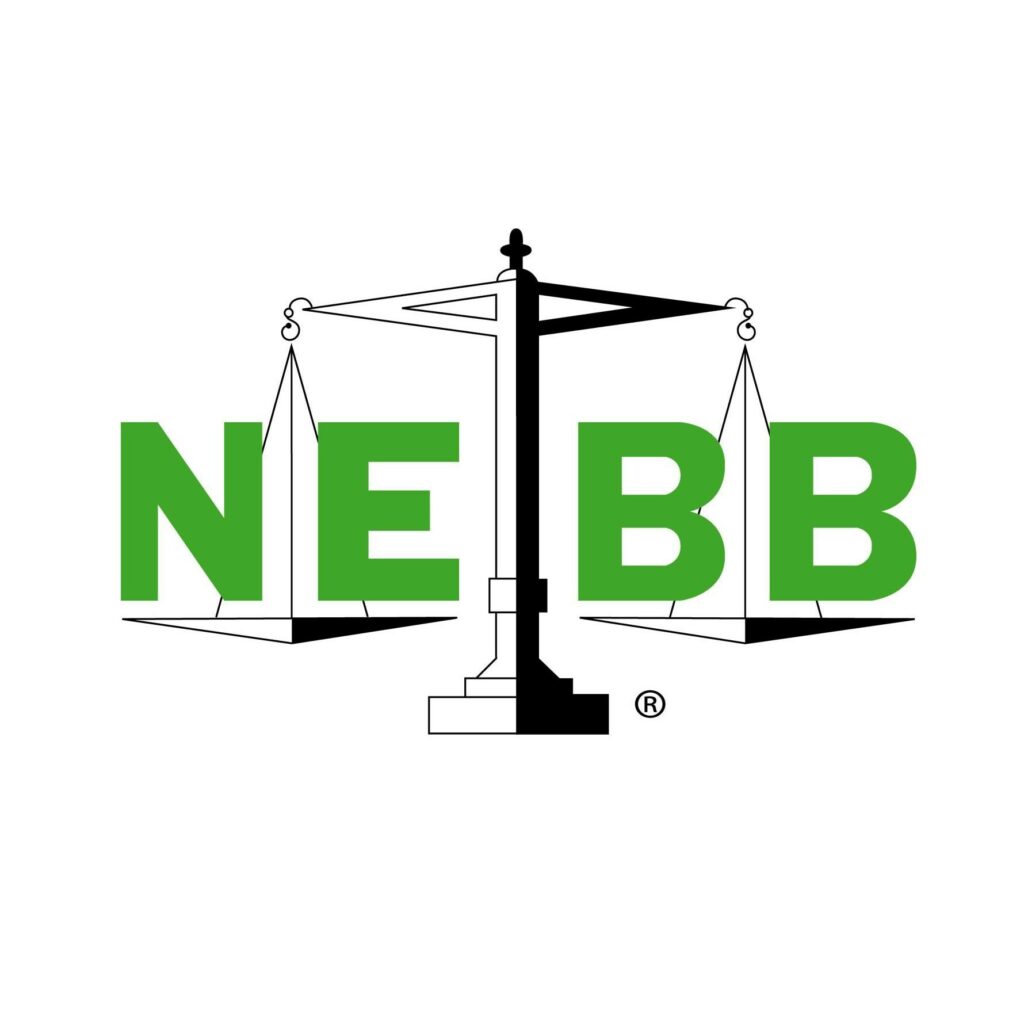From 2015 to 2016, organizations across the country experienced a remarkable shift in staff demographics. The rising dominance of millennials (those born between 1983 and 1998) is significantly impacting talent management strategies and changing the profile of staffing. Executives are adapting recruitment and retention strategies based on these shifting workforce demographics.
The ongoing growth in the number of millennials working is important because this generation brings values, priorities, and expectations to the workplace that often differ from those of older staff members.
The Advantages
The competition for hiring rising stars is intensifying. Companies compete with others to recruit and retain an “A+” team. According to a recent study from UNC’s Kenan-Flagler Business School, millennials are highly ambitious, looking for personal growth and career-development possibilities, personal freedom and flexibility.
As widely reported and validated in the UNC study, many millennials prioritize value and meaning in their work over money, unlike the generations before them. Bottom line: if their jobs are aligned with their passion, millennials will go the extra mile.
“Meaningful, purposeful work” and “making a difference” are important considerations for today’s ambitious millennials. Now, more than ever, executives must sell the mission and purpose of their organization—and this time to a prospective employee. Executives who can explain to a potential staff member how and why their role matters are most likely to succeed in making the hire.
It is easy to assume that financial compensation can be lowered if the company is hitting high marks on its mission, but that’s a mistake, especially in a competitive marketplace. Coming out of college, millennials carry enormous student loan debt and economic realities are hard to avoid. Research shows millennials collectively consider unemployment (27 percent), national debt (26 percent), and healthcare costs (25 percent) our nation’s biggest problems.
Interviewing and Recruiting
Recruiting millennials may require nontraditional approaches. Rather than filling out forms, submitting resumes and requiring travel, millennial candidates may be more successfully interviewed when using Skype, Google Hangouts, or Jitsi. A recent Jobvite survey reports that 94 percent of for-profit companies now use social media to recruit, and more job seekers are using smartphones to find work.
Offering Opportunities for Growth
This changing workforce profile shows significant shifts in the expectations that millennials are bringing to companies. A survey by PNP* reported that what respondents most often requested in interviews may not be what is most often provided by the company. Following mission and salary, the top interest expressed by 56 percent of millennial job-seekers is the opportunity for personal growth, specifically, on-the-job training and professional development opportunities.
Yet over two-thirds of the survey’s hiring executives stated that they either “do not often” or “never” offer such training programs to staff. This disconnect can easily be addressed by executives. Effective training and professional development opportunities not only benefit new staff but also enhance the workplace.
Changing Expectations – Theirs and Yours
Historically, human resources (HR) professionals and executive leaders have frowned on seeing “too many jobs” on a resume. Nowhere has a generational evolution been more pronounced than with the number and tenure of previous job positions. Millennials are changing jobs with much greater frequency than their boomer parents. Studies show this mobility does not mean they are less committed to a job; rather, loyalty, engagement, and dedication are much less apt to be envisioned as 20-year commitments.
Typically, today, tenure is two to four years on a job. Fortunately, employers are becoming increasingly less concerned if a candidate has held three to five jobs over the past decade. In the PNP survey, 78 percent of respondents (directors and HR managers) noted they might mention frequent job change in an interview but recognize such mobility is widely pervasive, while 21 percent said they look for three good, productive years from a new hire.
Shifts in workplace expectations will continue to push companies to change hiring practices and policies. Successful executives are reevaluating how they look at experience, as well as what they offer millennial talent. Cumulatively, these trends signal that talent management should be a full-time job, not an initiative undertaken only at specific points of need.

Looking to get NEBB Certified? Request your application today.